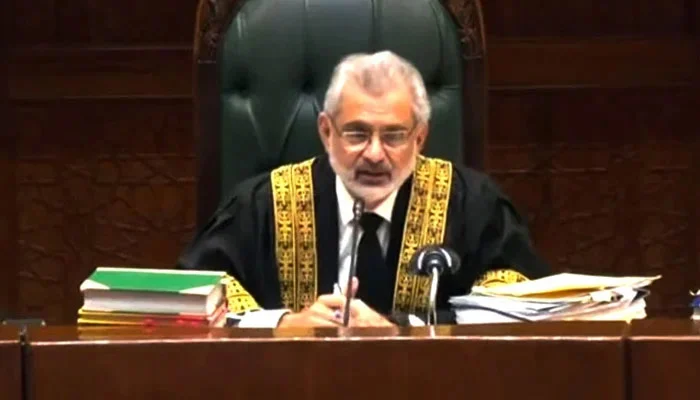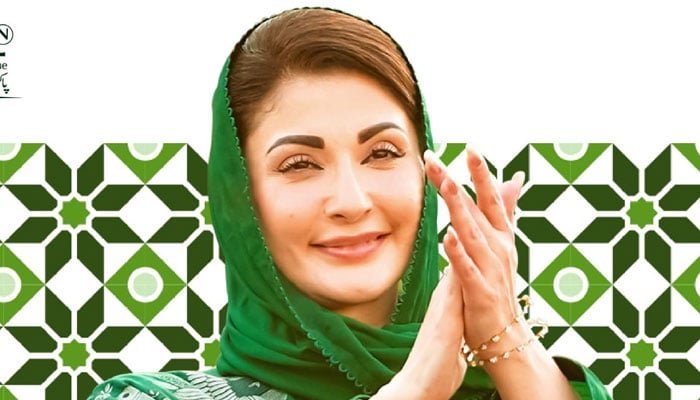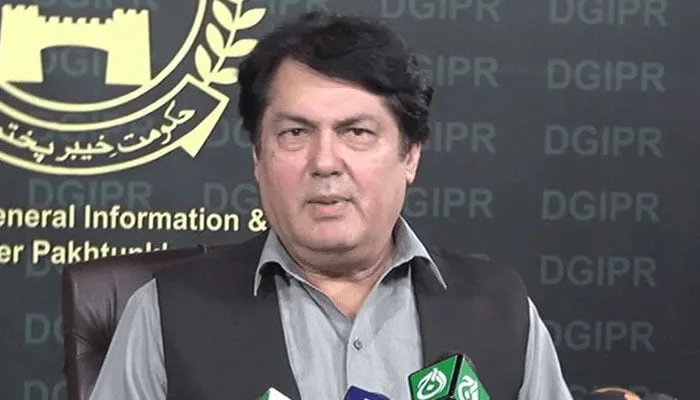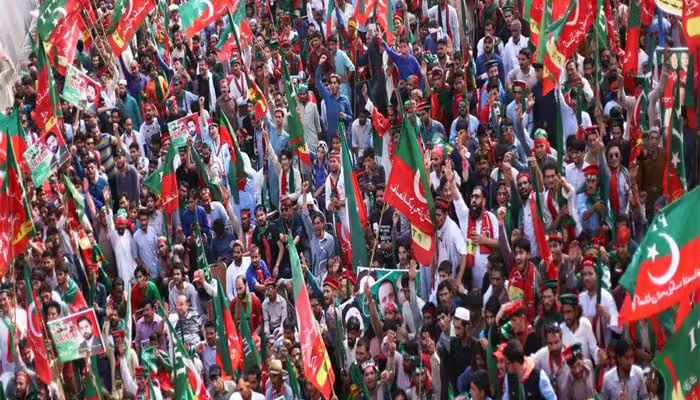In a significant legal showdown in Pakistan, Chief Justice Faez Isa led a Supreme Court bench comprising 15 justices to deliberate on nine petitions challenging the constitutionality of the Practice and Procedure of the Supreme Court (Amendment) Act 2023. During the hearing, Chief Justice Isa raised pertinent questions, challenging the Parliament’s intent to alter established laws. He analogized the situation to a patient allowing only a medical professional to decide on their treatment, emphasizing that the Parliament, akin to a layman, might lack the expertise to meddle with legal intricacies.
The crux of the debate rested on Article 191 of the Constitution, which grants the Supreme Court the power to formulate its rules. Advocate Abid Zubairi argued that this provision empowered the Supreme Court to regulate its Practice and Procedure rules independently of Parliament. He contended that limiting the Court’s power in this realm would essentially curb the judiciary’s independence and infringe upon its constitutional rights.
However, the justices, particularly Justice Aijaz-ul-Hassan and Justice Jamal Khan Mandokhail, raised critical questions about the boundaries of constitutional powers. They challenged whether the Supreme Court could surpass the Parliament’s authority and legislate independently, highlighting the need to delineate the constitutional limits of various institutions.
Justice Isa emphasized that while the Constitution vested the Supreme Court with the authority to formulate its rules, it was imperative to ensure that such regulations did not transgress the bounds set by the law. The justices acknowledged the delicate balance between upholding the Constitution’s integrity and respecting the roles designated to each branch of the government.
This legal debate illuminated the nuanced interplay between the Parliament’s legislative prerogatives and the Supreme Court’s authority to self-regulate. It underscored the need for a comprehensive understanding of constitutional principles to navigate the complex web of Pakistan’s legal framework.
In essence, the hearings showcased a profound constitutional discourse, shaping the contours of power distribution between Pakistan’s branches of government. The outcome of this deliberation would undoubtedly have far-reaching implications, influencing the delicate equilibrium between legislative and judicial powers in the country’s democratic landscape.



